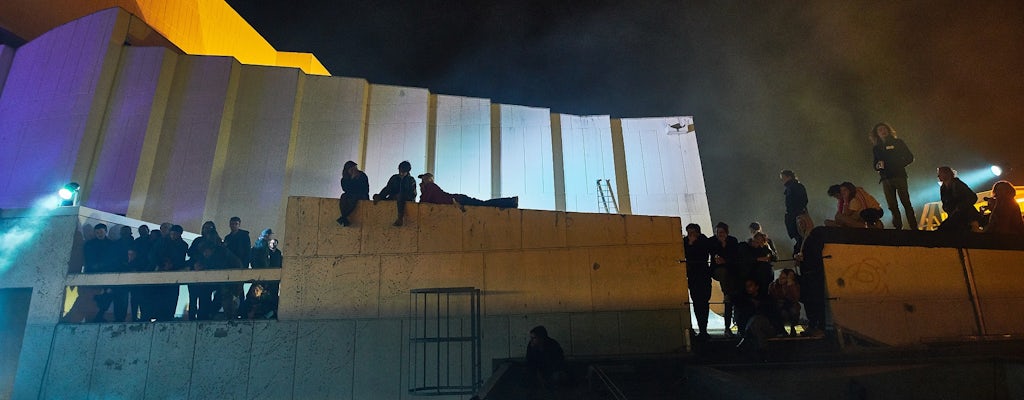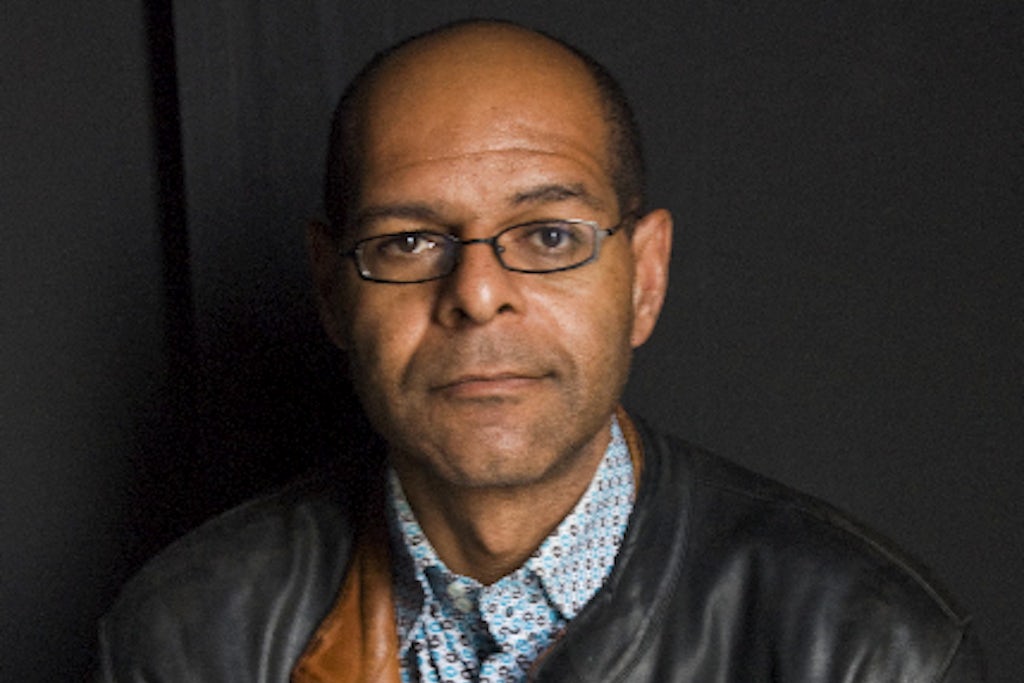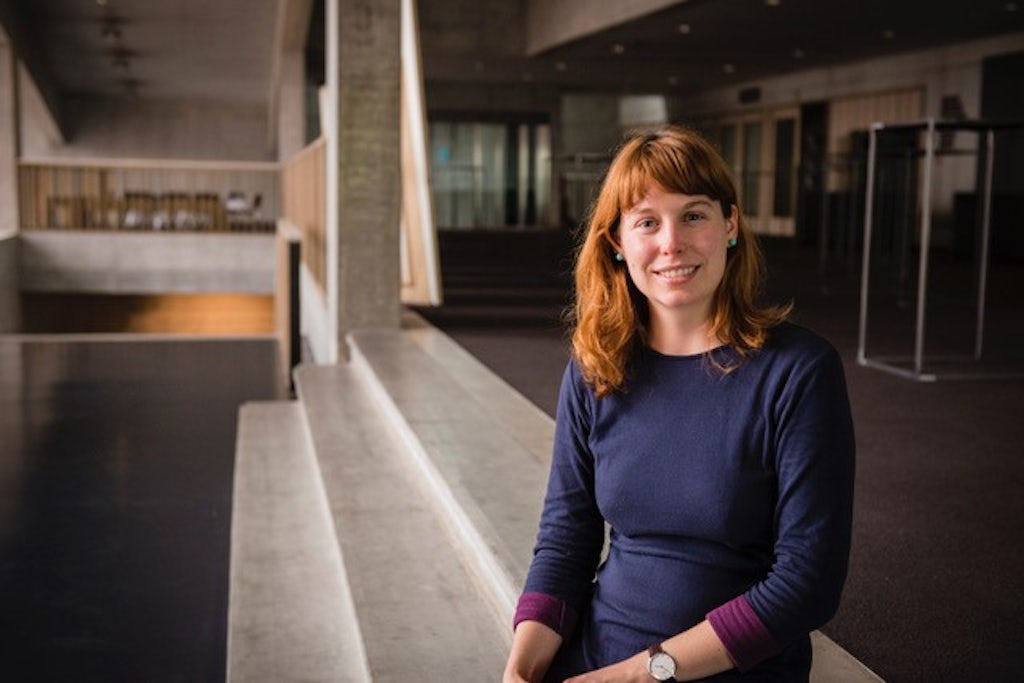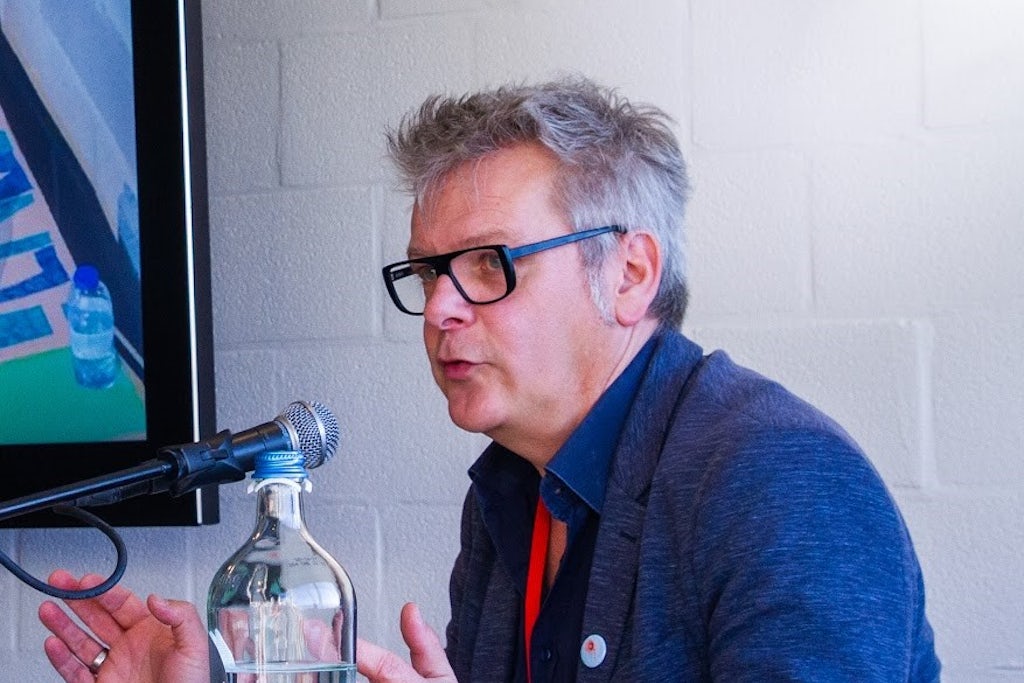Elsemieke Scholte, artistic coordinator at d e t h e a t e r m a k e r, assists young makers in realising their projects, including a public presentation. Because d e t h e a t e r m a k e r is a nomadic platform, Elsemieke and the makers look for a suitable space for each project. “Makers must find a place where they feel at home”.
“At the start of a collaboration, I like to take an ideal as point of departure. For this I dialogue with the maker. What do you want to do and where? Do you want to continue working locally or move to a city? Are you able to spread your work process over different locations or do you need a permanent place where you can acclimatise? What does your team look like? Do you have your own technician?
Talking about money
Based on that ideal, I draw up an initial budget. From then on it’s also about amounts, about money. It’s not always obvious for makers to talk about money in the context of their work. But gaining insight into cost structures is part of a professional operation. In doing so, I assume a salaried employment situation. A young maker who receives 5,000 euros thinks that’s a lot of money. But it comes down to a month’s paid employment and all kinds of odd jobs. It’s important to know how valuable such a month of work is. And that this is a significant obstacle for an employer”.
“If makers counted on project financing, but don’t get it, I draw up an alternative budget. Which is often quite confrontational. You have to cut essentials. In wages. I’m very clear that rolling out a project under bad conditions is undesirable. But I’ve yet to meet a maker who stops at that point. Love of the profession and loyalty to one another is too often at the expense of decent pay”.
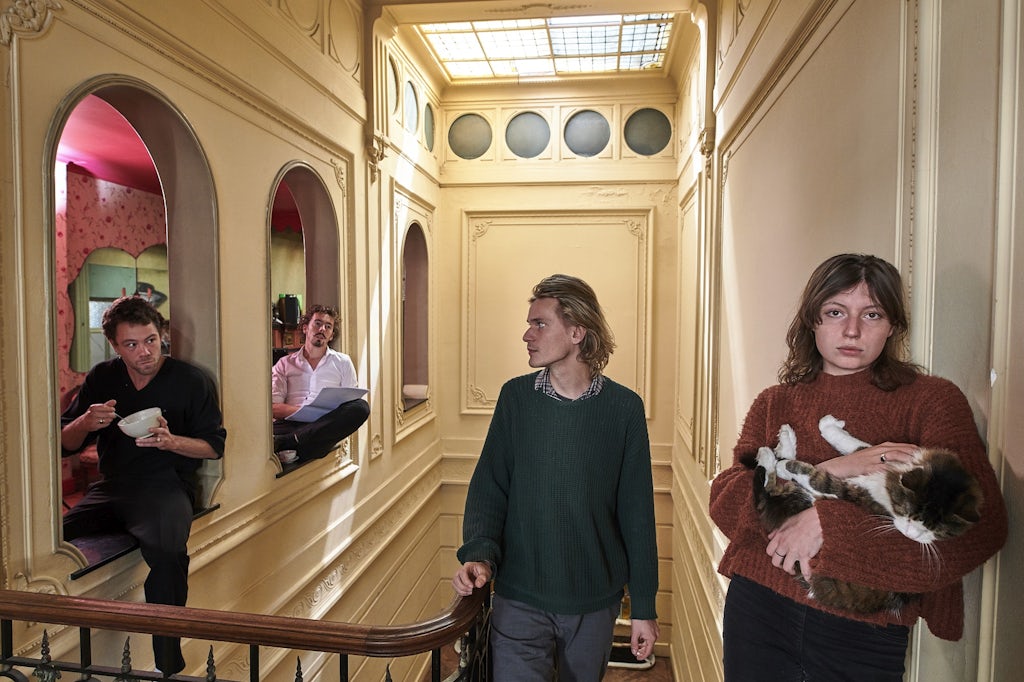
Feeling at home
“It’s important that makers find a place that suits them and where their work can develop. I don’t like open calls and competitions. I think it makes more sense to go somewhere and talk, to see if you feel at home. Sometimes we continue with contacts that the makers already have with creative locations and/or venues. I’m not always personally involved in the conversation. But we always provide guidance. Also with respect to timing. Submitting a project to a house can be quite confrontational. So it’s not something you’d do three times a week.
However, I do dare emphasise a number of things. Proportionality in the budget, for example. We usually have around 10,000 euros available from d e t h e a t e r m a k e r. I think it is only fair that the venue also puts the same amount on the table. Sometimes it’s also important not to skimp on some items, even if you could in principle. If it’s important for the maker to work with his own technician, then he should do so, even if the venue has someone on staff. This is important for the sustainability of the creative process”.
Interaction among equals
“Of course it’s important to establish the agreements that have been made in writing. Contracts can help with this, although I see it in the first place as something to anchor the financial transaction. I think it’s important that contracts show reciprocity between both parties. An organisation, a client, an employer must be transparent. He cannot unilaterally impose whatever he wants. Which is why I insist in contracts that there is an equal interaction between both parties. I also want to encourage makers to enter into dialogue if the collaboration does not go according to their wishes”.
